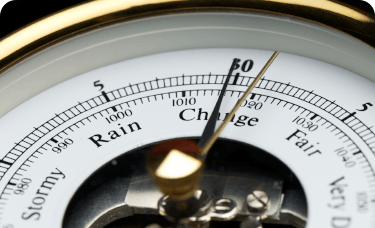Migraine diagnosis and treatment
Although there is currently no cure for migraines, a number of treatment options are available to help you cope with the condition.
Once you’re diagnosed with migraines, your doctor will help you determine which treatments are right for you. This will depend on the type, frequency and severity of your headaches,as well as your individual medical history and any pre-existing conditions.1
Every person is different and what works for one migraine sufferer may not be effective for another – so there may be a bit of trial and error before you find the best medicine or treatment to control your migraines.
Types of migraine treatment
Broadly speaking, migraine medicines fall into two categories: acute treatment and preventative treatment.
Acute migraine treatment
Acute migraine medicines are essentially pain relievers designed to relieve migraine symptoms once they start. It is best if you begin taking these drugs the moment you notice the signs of an oncoming migraine – don’t wait until the migraine has fully developed.2
Some examples of acute migraine medications include: over-the-counter pain relievers – such as ibuprofen, aspirin and acetaminophen – and prescription medications – including triptans (such as sumatriptan and rizatriptan) and dihydroergotamines
Your doctor may also suggest a combination analgesic such as Excedrin Migraine. Combination analgesics contain two or more active pharmaceutical ingredients. Excedrin Migraine is formulated with two pain relievers (acetaminophen and aspirin) plus a booster/amplifier (caffeine) and delivers effective migraine relief.
Anti-nausea drugs such as prochlorperazine, metoclopramide or chlorpromazine may also be recommended by your doctor if you’re experiencing nausea and vomiting – especially if this is making it difficult to keep down your other medicines.4
Remember to always follow the label instructions when taking medications, and let your doctor know about any other health conditions or medicines you may be taking, both prescription and over the counter, as these could affect which migraine treatments are right for you.
Preventative migraine treatment
If your migraines are happening frequently or not responding to acute treatment, your doctor may suggest taking a preventative migraine medicine. Some experimentation maybe needed to find a drug that is effective against your attacks, but some options include:5
- Blood pressure medications, including beta blockers, such as propranolol
- Calcium channel blockers, such as Verapamil
- Anti-seizure drugs
- Botox injections every 12 weeks
- Antidepressants
- Calcitonin gene-related peptide (CGRP)monoclonal antibody injection









